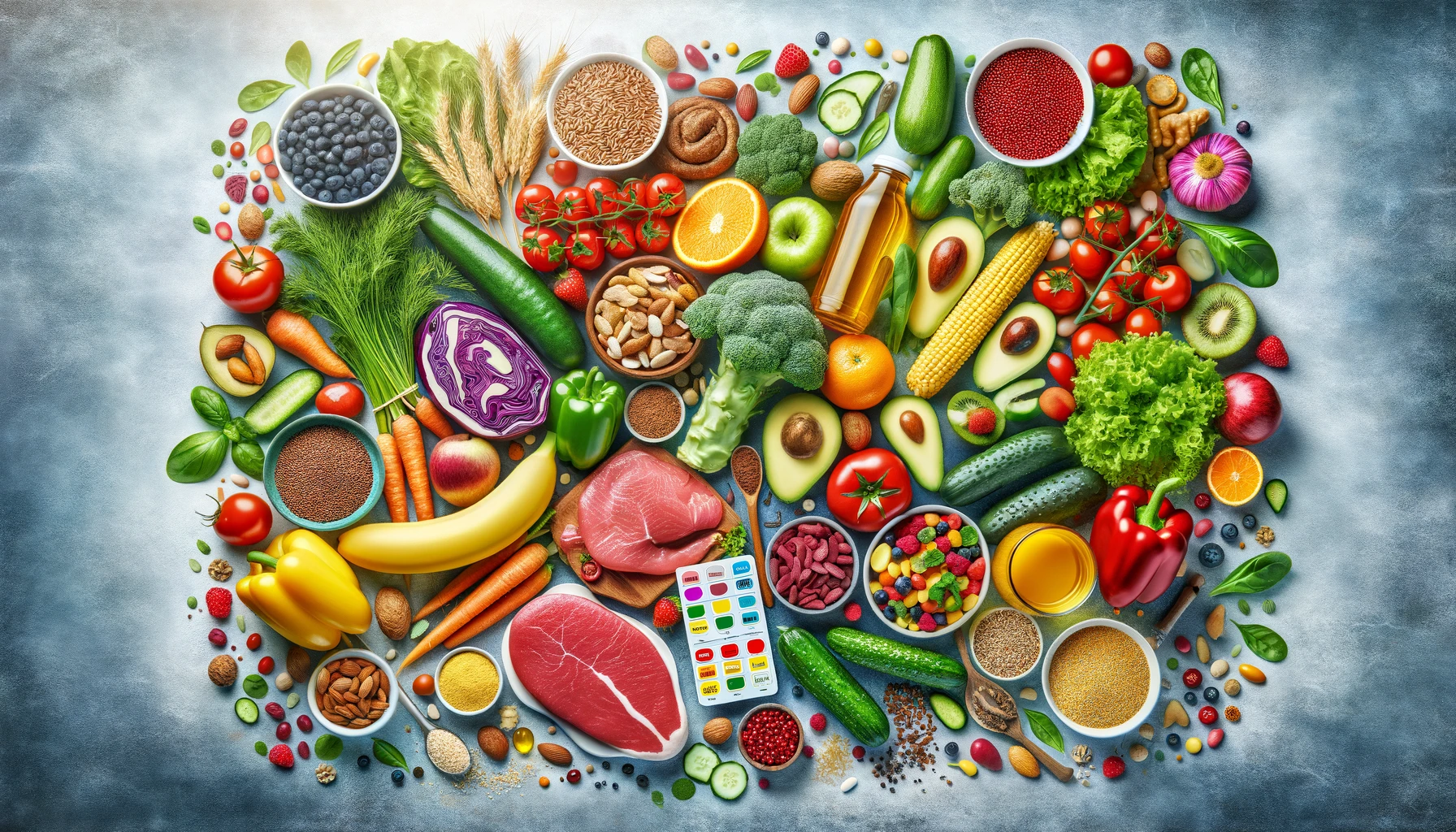BLOG
Transformative Coaching Journey: Life, Executive, Spiritual, and High-Flow - Discover Your Path

A Healthy Guide to Good Nutrition
Whether at your ideal weight or striving to reach your weight goal, is it simply a matter of burning more calories than you take in? The answer, I suggest, is no! Body health improvement and weight gain or loss must be factored into the equation, or you could be heading for problems. Correct nutrition can help to reduce the risk of a myriad of health-related issues, the most frightening of which are indeed heart disease and cancer. Proper nutrition, however, entails eating many different foods, monitoring your consumption of some food and beverage items, and counting calories. Good diets offer balanced nutrition that reduces cholesterol and blood pressure and helps with weight control.
To function correctly, your body must have the correct combination of nutrients:
Carbohydrates. They are the primary source of ammunition in your diet. The body uses carbohydrates to build glucose, which can be used immediately or stored in your body for later. Too much glucose, however, is stored as fat. There are two types of carbohydrates - simple and complex. Sugars are simple carbohydrates. Starches and fibers are complex carbohydrates.
Proteins. Proteins help your body build and maintain muscles and other tissues. They also function in the creation of hormones. Like carbohydrates, excess protein is stored as fat.
Animal and vegetable proteins are the two major types of proteins. Too much animal protein, which is high in saturated fat, can cause high cholesterol.
Fat. Strange as it may seem, fat is another nutrient your body requires. It comes in both saturated and unsaturated forms. Saturated fat puts you at risk of health problems. Unsaturated fat is healthy but can become saturated if it goes through any refinement process.
Vitamins. These are also required nutrients. Different vitamins perform different tasks within the body. They can work with the metabolism to help with energy levels for any task your body needs. It has also been noted that specific vitamins can prevent disease.
For example, vitamins A, C, and E, also called antioxidants, can help prevent coronary artery disease by preventing buildup on artery walls. Vitamin B-1 is needed for digestion and proper nervous system function. Vitamin B-2 is required for average cell growth. Vitamin B-3 helps detoxify your body. Folic acid assists with the production of red blood cells. Vitamin D assists with the absorption of calcium. Vitamin K helps your blood clot.
Minerals and trace elements. These are other nutrients your body requires. Both are used in many different body processes. Minerals like chlorine help make your digestive juices. Phosphorus helps build strong bones. Both can be found in the foods we consume, but with a trace element, your body needs a tiny amount. Salt is one final nutrient your body requires. You should not consume more than 2400 milligrams daily, though, as it might raise your blood pressure.
To create a well-balanced, nutritional diet, follow several guidelines. First, try to consume two and one-half cups of vegetables and two cups of fruit daily. When making your selections for each day, choose a good variety. A good rough guide is to eat as many different colors as possible. This will help you select from all five vegetable subgroups at least four times weekly.
You should eat at least three ounces of whole grain products each day. At least half of your grain intake should be whole grain-based. Milk should also be part of a healthy diet. Consume at least forty-eight ounces of low-fat milk or milk products daily. Your total fat intake should only be between ten and thirty percent of your calories. Most of the fats you consume should be in the form of unsaturated fats, as saturated fats can do much to damage your health. Meat, poultry, dry beans, and milk or milk products should all be lean, low-fat, or fat-free. Less than ten percent of your calories should come from saturated fats, and you should always try to avoid trans-fatty acid.
Fiber-rich fruits, vegetables, and whole grains should be regular parts of your diet, as should potassium-rich foods. Alcoholic beverages should only be consumed in moderation.
Excellent nutrition is the basis of a healthy diet.
Want to have a Growth Mindset?
886-779-3888
info@theelevatedintelligence.com
www.theelevatedintelligence.com

